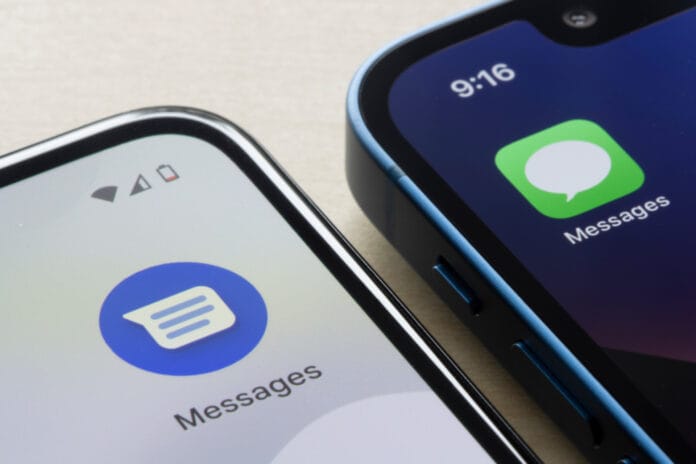U.S. officials have raised concerns about text messaging. The FBI highlights security issues, particularly when Android and iPhone users communicate. SMS lacks modern protections, exposing users to risks.
Why SMS Is Unsafe
Messages sent via SMS are not encrypted. This means they can be intercepted. When Android and iPhone devices exchange messages, weak points appear. Hackers exploit these gaps.
Personal data is often at risk. Bank details, private conversations, or sensitive files could be accessed. The FBI advises caution with traditional texting methods.
Hacking and International Concerns
Recent reports suggest hacking operations linked to China. Some claim U.S. calls and texts have been targeted. Allegations involve intercepted messages and unauthorized surveillance.
Investigations continue. Officials use these incidents to stress the importance of secure messaging. SMS, they warn, may no longer be reliable.
Switching to Secure Apps
Encrypted apps are safer alternatives. Signal and WhatsApp use end-to-end encryption. Messages remain private during transmission. Hackers cannot easily access these conversations.
iMessage offers strong protection but only works securely between Apple devices. Officials recommend encrypted apps for everyone.
How to Stay Safe
To avoid risks:
- Use apps like Signal or WhatsApp.
- Never share sensitive data over SMS.
- Enable two-factor authentication (2FA).
- Keep phones and apps updated.
These steps reduce exposure to cyberattacks.
The Future of Messaging
Text messaging systems need change. Hackers grow smarter. Weak platforms remain targets. Encrypted apps are a better choice for today’s threats. Security, experts say, should be a priority.


